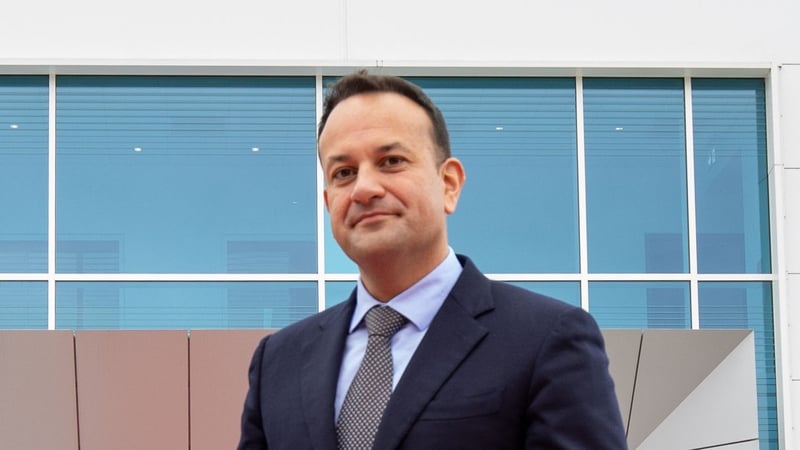A new round of funding aimed at encouraging collaborations between industry and the research sector on the development and commercialisation of ground-breaking technologies has been launched.
Call 4 of the Disruptive Technologies Innovation Fund (DTIF) was launched today by Tánaiste and Minister for Enterprise, Trade and Employment, Leo Varadkar.
The Government has already allocated €235m to 72 successful projects approved under the previous three DTIF calls.
These projects cover areas such as life sciences, medical devices, ICT, artificial intelligence, manufacturing and environmental sustainability and include projects such as TRIDENT, INSPIRE,
EmboSure and E-Crop.
To drive enterprise collaborations, each project must have at least one SME and one other enterprise in a consortium of three or more project partners.
Collaborations with the Irish research sector are encouraged. All partners must be based in Ireland and be a client of Enterprise Ireland, IDA Ireland or Údarás na Gaeltachta, or an eligible Research Performing Organisation (RPO).
The minimum funding request is €1.5m for projects of up to three years' duration, and the enterprise partners must provide matching funding.
The fund is competitive and will be assessed by an independent international panel of experts.
Tánaiste Leo Varadkar said that during the Covid pandemic, we have witnessed the incredible ability and agility of the research community and industry to adapt, to rise to previously unthinkable challenges and to find solutions in an unprecedented situation.
"We want to encourage and support that ingenuity and inventiveness through the Disruptive Technologies Innovation Fund," he stated.
Mr Varadkar said that companies working on the existing DTIF projects are at the leading edge of their sector.
"They are pushing boundaries. They are driving change. They are devising better and more effective ways of doing business. They are our future, and we want to keep investing in them," he stated.
The Tánaiste said that climate change is one of the biggest challenges facing this generation and previous DTIF projects have put a big emphasis on sustainability.
Projects include a refrigerant-free heat pump and a low-cost, high-performance sodium-ion smart battery system using entirely sustainable materials and processes.
"We need to see more projects with strong, positive, climate impacts like these coming through. To encourage this, all applications must demonstrate their sustainability credentials and indicate how the project will complement the targets in the forthcoming Climate Action Plan.
